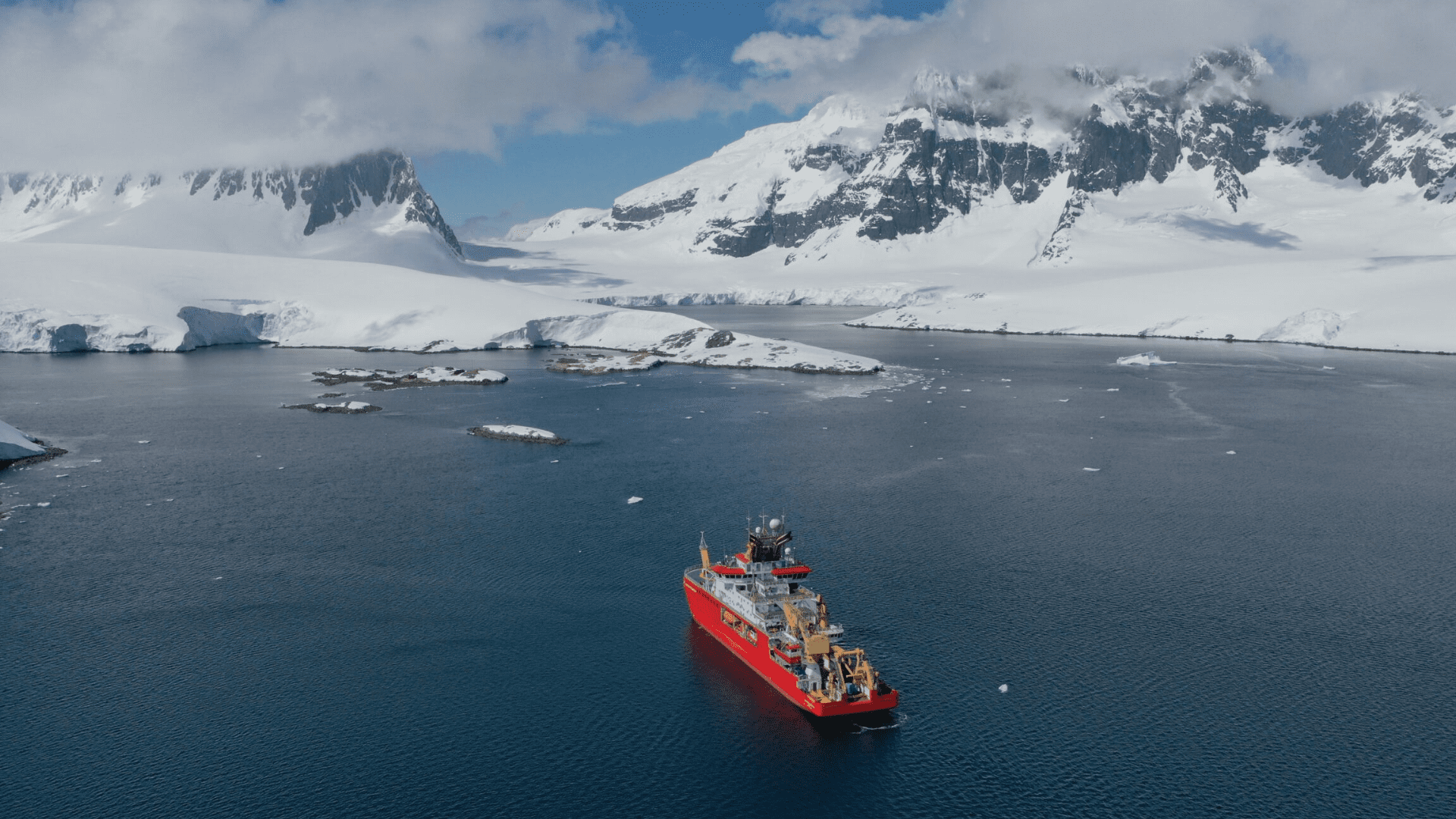Scientists return to the Southern Ocean, also known as the Antarctic Ocean, as part of the BIOPOLE project to answer questions about how nutrients drive the global carbon cycle and ocean ecosystems. Their results will help us understand how sensitive these ocean processes and ecosystems are to climate change. The answers could help them predict the future health of the oceans and their abilities to absorb carbon.
Off to Antarctica

An international team of researchers is aboard the UK’s polar research ship, RRS Sir David Attenborough. The team will use the ship’s scientific equipment and lab facilities to conduct an intensive 51-day scientific experiment. Depending on where you are in the world, February doesn’t seem like the best time to venture into Antarctica. However, this research mission is deliberately timed with Antarctica’s summer-to-autumn period.
In addition, it coincides with the large seasonal migration of zooplankton into the deep ocean, where they spend the winter. When these creatures dive deep into the ocean, they play a major role in transporting carbon to the ocean’s depths. This process, known as carbon sequestration, is a big part of the BIOPOLE project.
Scientists use Conductivity, Temperature, and Depth (CTD) profilers to sample water at various depths. They plan to investigate flows of nutrients from sea ice ecosystems and ocean upwelling processes when deep, cold water rises to the ocean surface. They will also collect samples of tiny sea plants and animals and investigate how these organisms process nutrients.
“This research mission will vastly improve our understanding of how the Southern Ocean’s ecosystems regulate carbon and nutrients in the world’s oceans,” said Dr. Nadine Johnston, a marine ecologist at the British Antarctic Survey. She says this mission will fill “critical gaps in science knowledge.”







